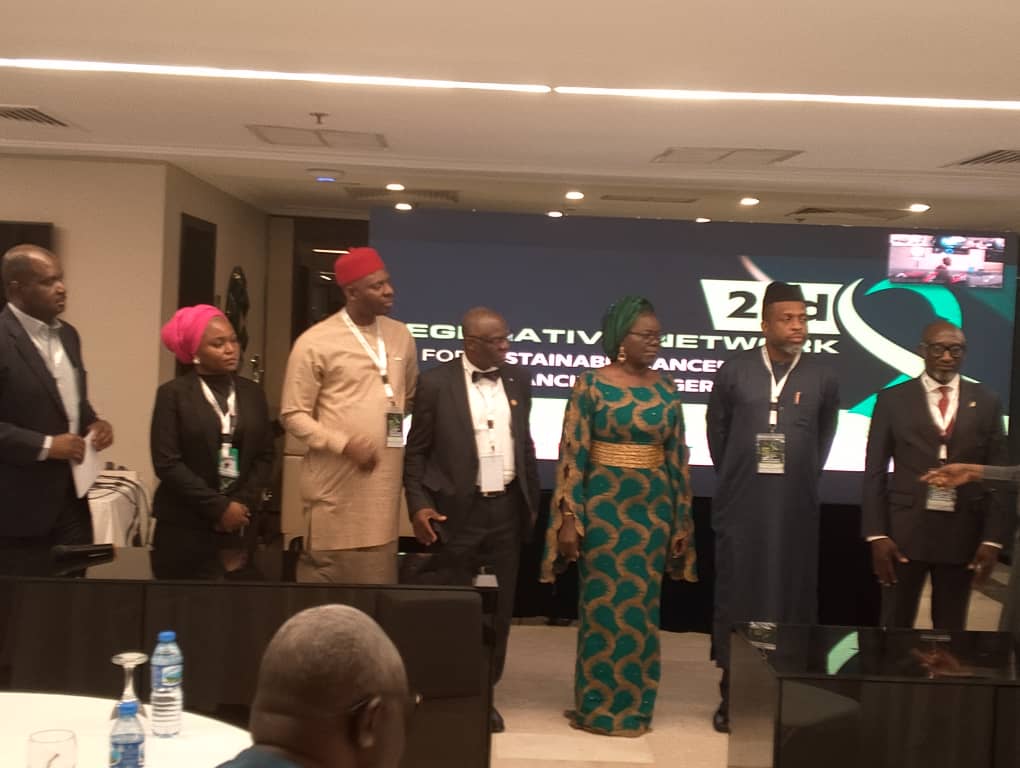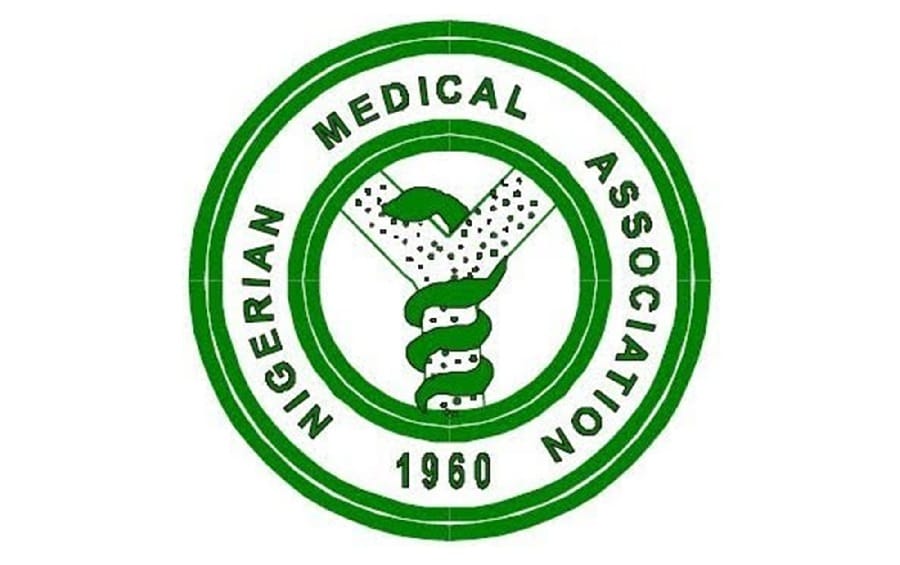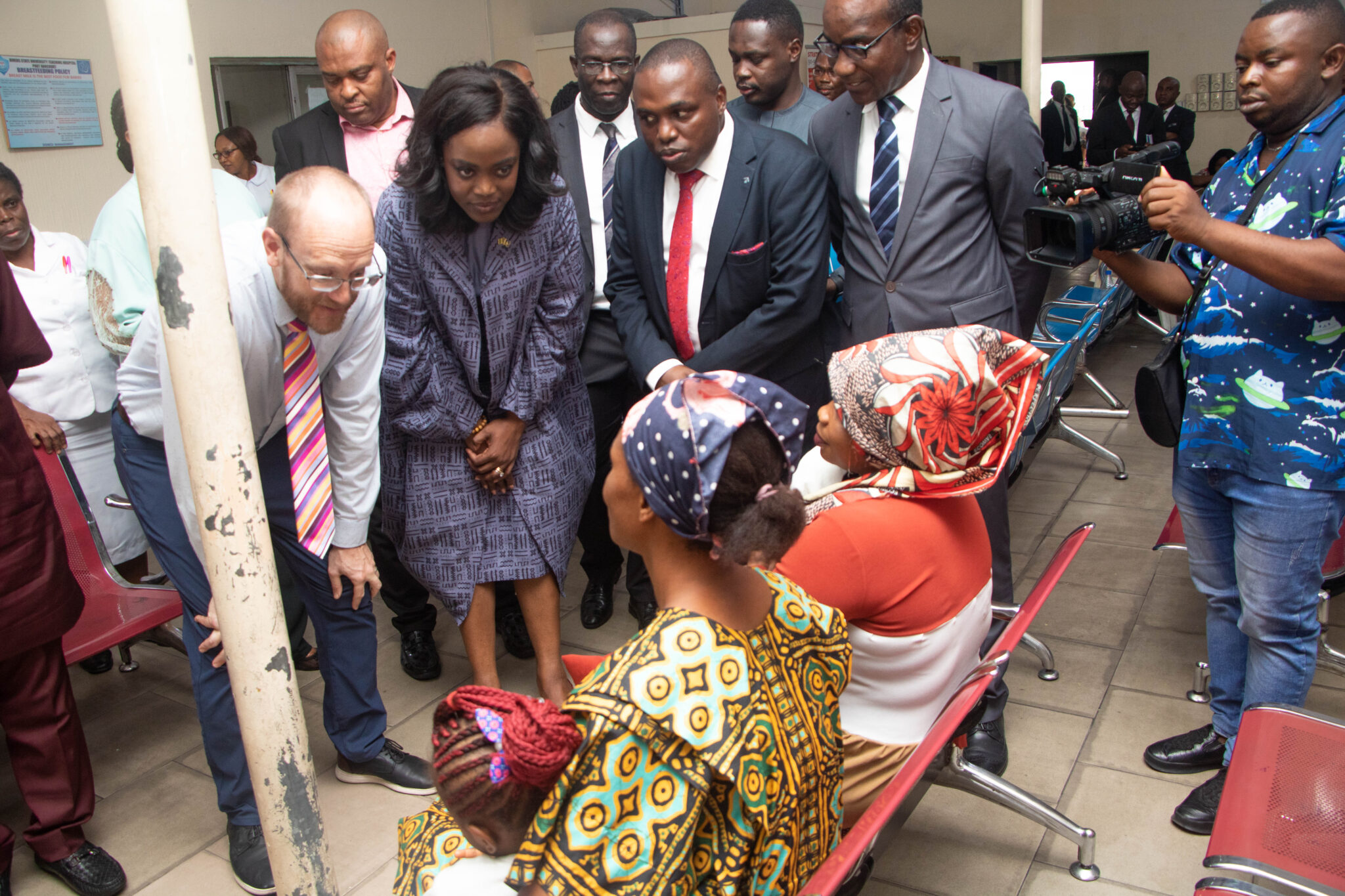By Ojoma Akor
The federal government in collaboration with stakeholders has launched a legislative network on cancer.
The legislative network was launched Thursday in Abuja during the multi-stakeholder advocacy Initiative meeting for the transformation of the National Cancer Health Fund (NCHF), and second legislative network for sustainable cancer care financing in Nigeria.
The Minister of State for Health, Dr Iziaq Adekunle Salako, said Nigeria records about 130, 000 new cancer cases annually, with nearly 80,000 deaths.
Represented by his Senior Special Assistant (Technical), Lolade Kehinde, the minister said that many patients in Nigeria were still diagnosed at late stages when treatment outcomes are poor and options are limited.
He said that the legislative network on cancer represents a strategic alliance that brings the power of legislation, advocacy and oversight into national cancer response.
He said, “We appreciate the effort of the distinguished members of the national assembly in their commitment in making sure that the appropriation for cancer control has been significantly increased. Therefore your role is pivotal.”
He said with the support of law makers, the country could prioritize cancer prevention and control in national budgets, strengthen policies on tobacco control, vaccination and occupational health, increase funding for cancer control through innovative financial models with strong legislation on sugar alcohol and tobacco taxes, and also ensure equitable access to diagnostic and treatment facilities across all the six geopolitical regions of the country.
He also said that it could help facilitate the domestication and implementation of key global frameworks and past legislation that supports the rights of cancer patients to timely, quality and affordable care.
He further said the network would serve not just as a platform for collaboration, but as a vehicle for accountability to ensure that cancer response is not just planned but implemented, not just discussed, but felt in the lives of the citizens.
He said the ministry of health is working closely with NICRAT and other partners in the implementation of cancer control activities across the country.
“We are also advancing efforts and deepening our engagements with the private sector and NGOs to support the cancer ecosystem. However, we know that technical solutions alone are not enough. We need strong political will, and that’s why this legislative framework today gives us renewed hope. Ladies and gentlemen, the fight against cancer is not one for the health sector alone. It’s a multi sectoral effort, from education to finance, from infrastructure to information. Every role, every sector has a role to play,” he said.
The Chairman House Committee on Health, Amos Gwamna Magaji, said the 10th assembly is committed to improving funding for cancer care in Nigeria.
He said, ” we are also committed to ensuring that for 2026, resources are committed into treatment of cancer. We accept the mandate, and we are going to do everything possible to ensure that funds are appropriated.”
Prof, Usman Malami Aliyu, the Director General of the National Institute for Cancer Research and Treatment (NICRAT), said the launch of the network is a call to action, a commitment to collaboration, and a clear signal that the country is ready to turn the tide in the fight against cancer in the country.
He said cancer remained one of the leading causes of morbidity and mortality in Nigeria, noting that each year, thousands of citizens lose their lives to the dreaded disease.
He said the Legislative Network on Cancer is an innovative step toward legislative engagement, oversight, and sustained commitment.
According to him, in recent times, cancer care has received the prioritization it deserves at the highest levels of policymaking, most especially by the Nigerian legislators.
He said, “With this network, we are creating a platform that brings together lawmakers to craft informed, inclusive, and sustainable legislation and policies. Through this initiative, we can advocate for increased budgetary allocation, and most especially the National Cancer Health Fund (NCHF). The NCHF which is currently provides cancer treatment free of charge to indigent patients with cervical, breast and prostate cancer. ”
Aliyu said close to 2, 000 patients have benefitted from the NCHF since its inception in 2021.
He stated that one of the major challenges has been funding that will carter for the increasing cancer burden in the country and also for expansion to other hospitals and disease sites.




